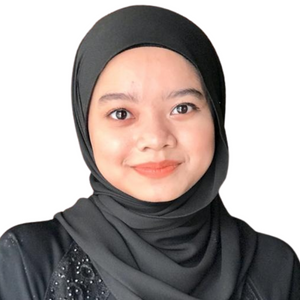Malaysian women living with endometriosis share their stories
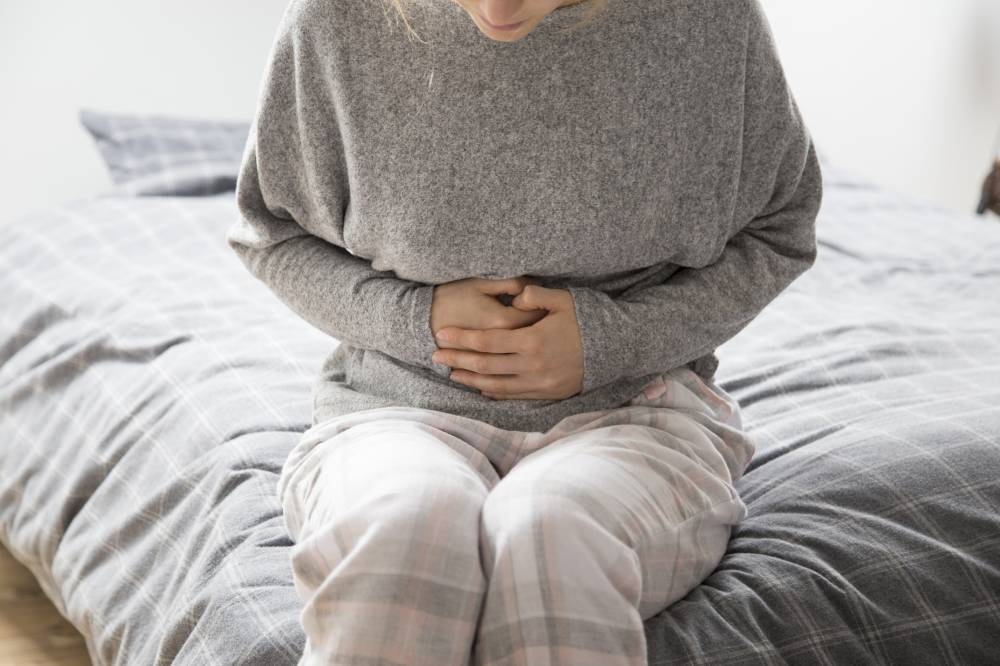
Endometriosis is a condition in which tissue similar to the uterine lining grows outside the uterus, producing pain and/or infertility. It is a chronic illness that causes intense, life-altering pain during periods, sexual intercourse, bowel movements, and/or urination, as well as persistent pelvic pain, abdominal bloating, nausea, fatigue, and, in some cases, depression, anxiety, and infertility.
According to World Health Organization, endometriosis affects approximately 10 per cent (190 million) of women and females of reproductive age worldwide.
In conjunction with endometriosis week recently, three women shared their stories with Sinar Daily.
Ili Sulaiman, 38 years old, has been battling with endometriosis since 2022. She thinks that she has been suffering from this disease for a long time, and because endometriosis is difficult to pinpoint, there has been a lot of misdiagnoses.
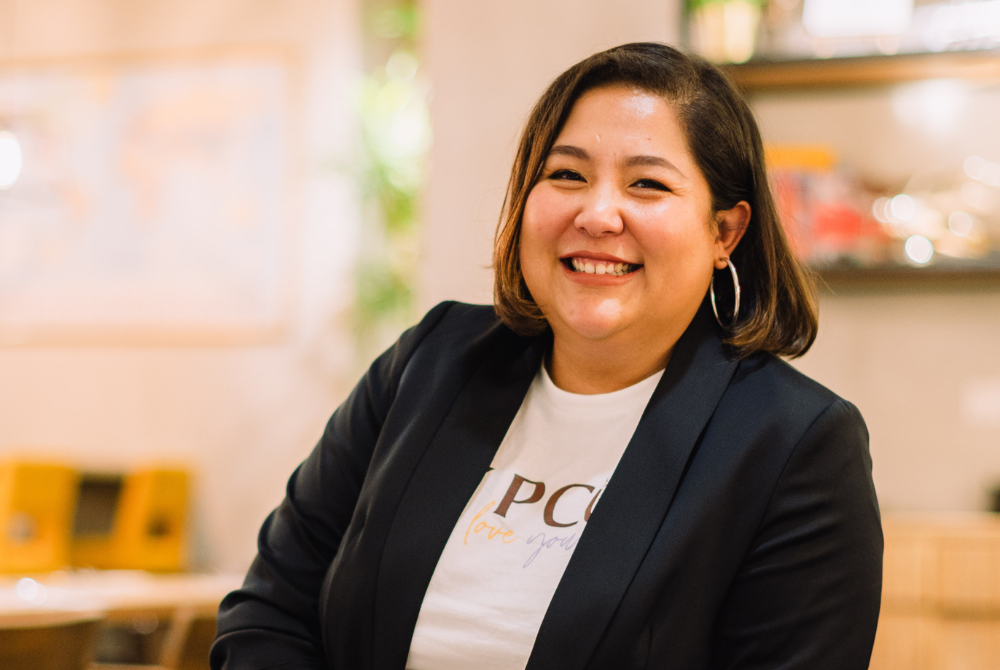
Ili, who is also a co-founder of Persatuan Sokongan PCOS KL and Selangor, commented that endometriosis is one of the most painful things that you can ever imagine.
"A lot of people think that endometriosis is just like a normal period cramp, but they don’t realise that endometriosis can lead to hormonal imbalances, fatigue, depression, and severe chronic pain that can also trigger headaches, nausea, vomiting, and bloating. So, that’s why it is difficult to diagnose," she said.
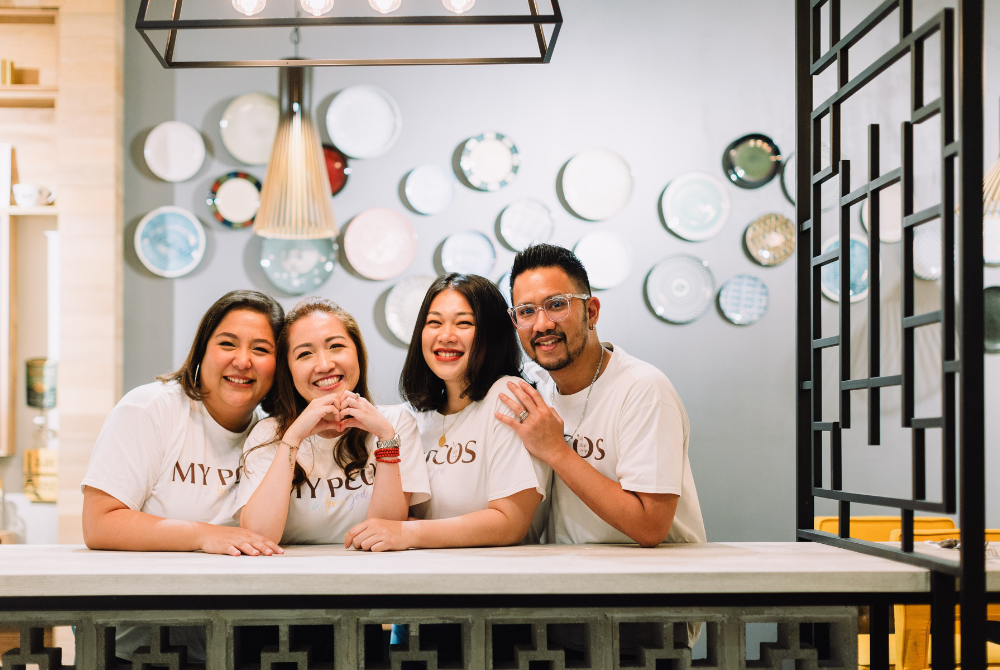
She added that a lot of people don’t know that endometriosis is not the same as having blood in your uterus. It’s more than that. It can be in your kidney; it can grow anywhere. That’s why the pain cannot be detected.
"Every person who is suffering from endometriosis, before they are having or after having a period, suffers from abnormal bloating, so you feel you cannot control your body. On the other hand, I have multiple women's health issues: I have Polycystic Ovary Syndrome (PCOS), I have endometriosis, and I have thyroid disorders.
Ili, who is also a social media influencer, said that it’s important for her to meditate, go outside, sit under the sun, especially in the morning sun, and go for a walk to eliminate stress. At the same time, she said that it is important to remove all the negative vibes. It is also important for you to set healthy boundaries with your family.
For the rest of her life, doctors told her that it would be really difficult for her to get pregnant. So she accepted that she was not going to be a mother.
But during the pandemic, Ili was set on a journey to love herself. She started eating healthy; she got rid of all the negativity in her life.
"I couldn't go outside; I coudln't meet anyone. So during the movement control order, I looked at myself, I started working out, I did a lot of TikTok dances, and I did not talk to a lot of people.
But I was still in pain even though I already ate healthy meals, exercised, and was free of stress. So, I sought help from my doctor, and he found out that the endometriosis on my left uterus was about 5 inches, and it was big.
"So my doctor said that it needed to be removed because it caused a lot of pain. So, I had my surgery. My endometriosis was successfully removed at the end of December 2020.
"Three months after surgery, I received her first period. For the first time, I did not suffer any pain; I did not have cramps. I was like, wow, this is the real period; we do not feel any pain.
"I got pregnant after two months. Alhamdulillah, I had no complications. I was so afraid I was going to lose my baby, and I did not tell everyone, but, Alhamdulillah, everything went well," she shared her experience.
Ili agreed that in Malaysia, periods are still a taboo topic. But she said women should be open and not judgemental when talking about women's issues.
"We need to have conversations on what’s normal and what’s not normal about menstruation with mothers, sisters, grandmothers, and then with your friends, with your colleagues, with your bosses. We need to normalise having these conversations with women.
"And then we can tackle these conversations with men, with institutions," said Ili.
ALIA ABDUL HALIM
Another Malaysian woman, Alia Abdul Halim, 31, has been battling endometriosis for 11 years after being diagnosed when she was 20 years old. She has also been battling with PCOS since she was 12 years old and goes for regular checkups with her gynecologist.
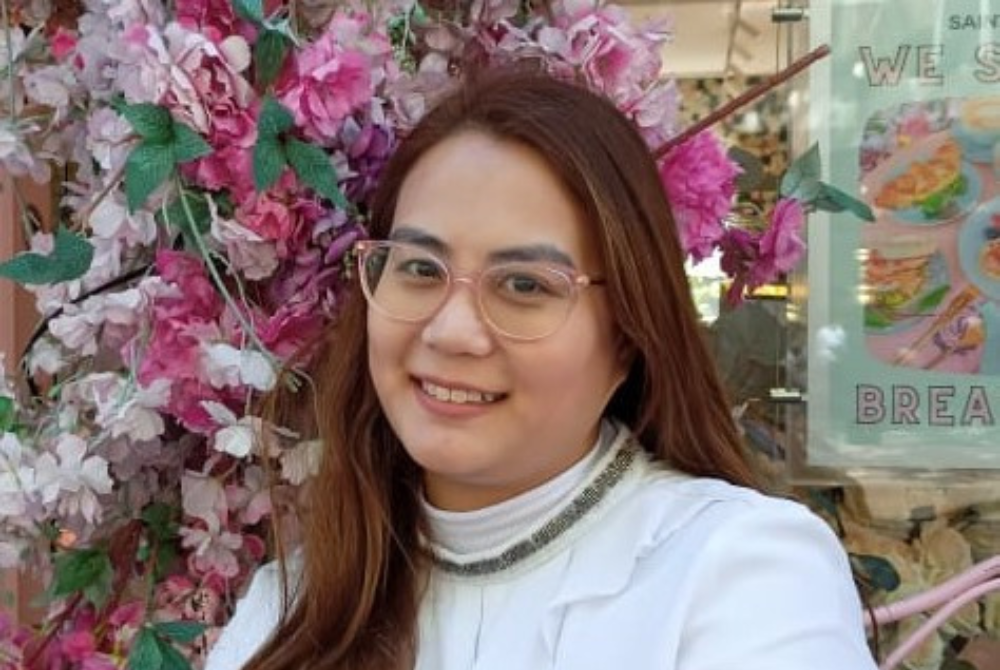
"When I was 20, I did not get my period for a few months. So I told my gynecologist that I had severe cramping pain and thought it was normal period pain. However, I remembered one time when I was driving, I almost fainted and had to stop my car at the gas station for a while."
Because of this incident, Alia checked with her gynecologist, who discovered that Alia had endometriosis.
Alia went on to say that while a normal woman's menstruation usually lasts about a week, it was different for her. Beyond that time frame, she was still experiencing vaginal bleeding. That was one of the indicators of endometriosis on top of PCOS.
"There’s not too much a doctor can do for endometriosis unless you want to get pregnant. One option that they have is giving a contraceptive pill; the other is surgery. Surgery is an option if a woman wants to get pregnant.
"But even if you do surgery, it’s not long-lasting," she explained.
However, when she was 20, she said there was no point in doing surgery because, at that time, Alia was still young and she did not have plans to get pregnant. She also added that endometriosis does not affect women's health unless they want to get pregnant.
Fast forward to a couple of years later, Alia tied the knot at the age of 27. She had undergone an endometriosis surgery two years ago, however, said that she still experience fertility problems.
“Alhamdulillah, I had my surgery when I was 30 to help with my endometriosis. After my surgery, I still have a fertility problem. I had to do in vitro fertilisation (IVF) to get pregnant, but luckily this surgery reduced my symptoms.
"At the same time, my surgery also successfully removed all cysts. But we need to mention that every period, cysts can come back. So we don’t know if my body has cysts or not.”
Speaking on the impact this disease has on her life, one word that she can say is difficult. "It’s difficult. It’s really emotionally challenging. Endometriosis affects fertility for people who want to have a child. I want to get pregnant. The physical pain I can still tolerate, but emotionally I cannot. The emotional ups and downs are extremely difficult to manage."
Alia viewed that this topic is still not heavily discussed because of the stigma attached to it.
"If you have endometriosis, you cannot get pregnant. And to make things even sadder, there’s a stigma that it is a woman’s fault when she cannot give birth. Malaysians should be open to talking about it," she stressed.
Alia expressed her hope for Malaysian women to be more educated on this disease so they would know the symptoms to get checked quickly and plan for the future.
“I always believed that information is key so at least after they know, they can know, they can plan, and they can do the treatments.”
MOHANITA AZLINA MOHAMA
Another endometriosis fighter, Mohanita Azlina Mohama, 46, has been suffering from this disease since 2014.
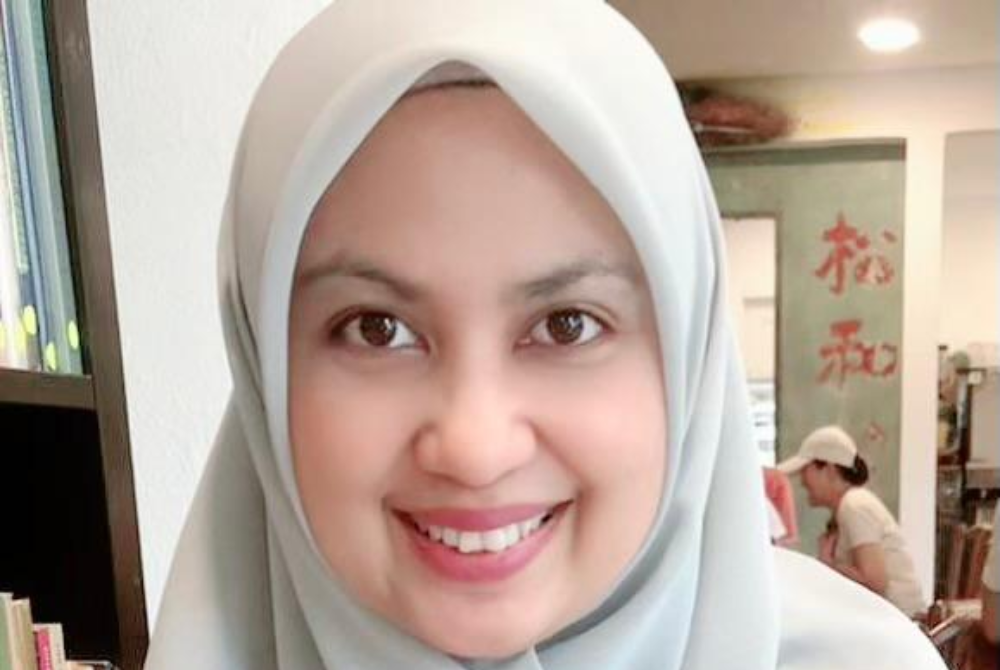
Mohanita, who is also MyEndosis vice president, shared her experience in battling endometriosis. She is always in pain, even when it’s not her period.
"I'm always in pain. It interferes with all daily activities. It hurts so much that it's hard to walk, and it's hard to sleep. Sometimes I have a fever. My face is always pale because of heavy bleeding during menstruation.
"At first, I didn't have any symptoms before I knew I had the disease, except difficulty getting pregnant. So, when I met with a specialist for a pregnancy consultation, I found out that I have a retroverted uterus problem.
"The gynecologist advised me to have a small surgery (laparoscopic) to fix my uterus. After the surgery, he stated that not only was my uterus upside down but there were too many endometrial cells. It was the main reason why I couldn't get pregnant for a long time," Mohanita explained.
When her gynecologist diagnosed her as an endometriosis patient, it was something foreign to her. She had to search the internet because no one in her immediate family knew about this disease.
For Mohanita, she realised the awareness on endometriosis was very low because when she tried talk about it with friends and family, they weren't aware.
"I receive less information, promotions, or explanations from the government or related parties. When we are always in pain and take medicine to reduce symptoms, our mental health is also disturbed."
The same goes for Alia; Mohanita added that endometriosis fighters have difficulty going about their day-to-day activities.
"Tense relationships with husbands or children. We are frequently lonely, sad, and concerned. The support of family and close friends is very important and necessary.
"Counselling and support groups for patients and immediate family members, such as those with MyEndosis."
MyEndosis was established in 2013 by its founder, Surita Mogan, and it is affiliated with WorldWide Endomarch in America, a global movement that leads the fight for changes that are urgently needed for endometriosis patients, which is the most marginalised public health emergency of our era.
MyEndosis is also known as Malaysia's endometrium around the world. The two main issues supported or addressed by MyEndosis are patient support and general awareness.
